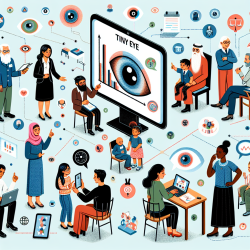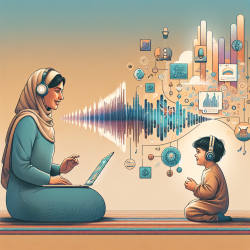Are you passionate about supporting students' mental health and educational success? Becoming a school psychologist in New Jersey could be the perfect career path for you! At TinyEYE, we understand the importance of mental health professionals in schools, and we’re here to help you navigate the certification process.
What is a School Psychologist?
A school psychologist works with students from preschool through grade 12, helping them overcome academic, social, and emotional challenges. They play a crucial role in fostering a supportive learning environment and ensuring that all students have the resources they need to succeed.
Certification Requirements
To become a certified school psychologist in New Jersey, you must meet specific educational and practicum requirements. Here’s a breakdown of what you need to know:
Standard Certificate Requirements
- Endorsement Code: 3100
- Eligibility: Preschool through grade 12
- Options to Qualify:
- Hold a currently valid Nationally Certified School Psychologist (NCSP) license and submit a copy.
- Complete a New Jersey Department of Education (NJDOE)-approved graduate program in school psychology.
Educational Requirements
- Degree: Hold a master’s or higher degree from an accredited college or university.
- Coursework: A minimum of 60 graduate semester-hour credits in various areas:
- Educational foundations/school psychology practice and development: 12 credits
- Education of students with disabilities: 6 credits
- Assessment, intervention, and research: 18 credits
- Human behavioral development: 12 credits
- Elective study: Additional graduate study or practicum experiences
- Practicum: 300 clock hours of supervised on-campus and field-based activities.
- Externship: 1,200 clock hours, with at least 600 hours in a school setting.
Emergency Certificate Requirements
- Degree: Hold a bachelor’s or higher degree from an accredited college or university.
- Coursework: A minimum of 30 graduate credits applicable towards the standard certification, including:
- Educational foundations/school psychology practice and development
- Education of students with disabilities
- Assessment, intervention, and research
- Human behavioral development
Requirements, passing test scores, and fees are subject to change without notice, so it’s essential to stay updated with the latest information.
For more information, please follow this link.










